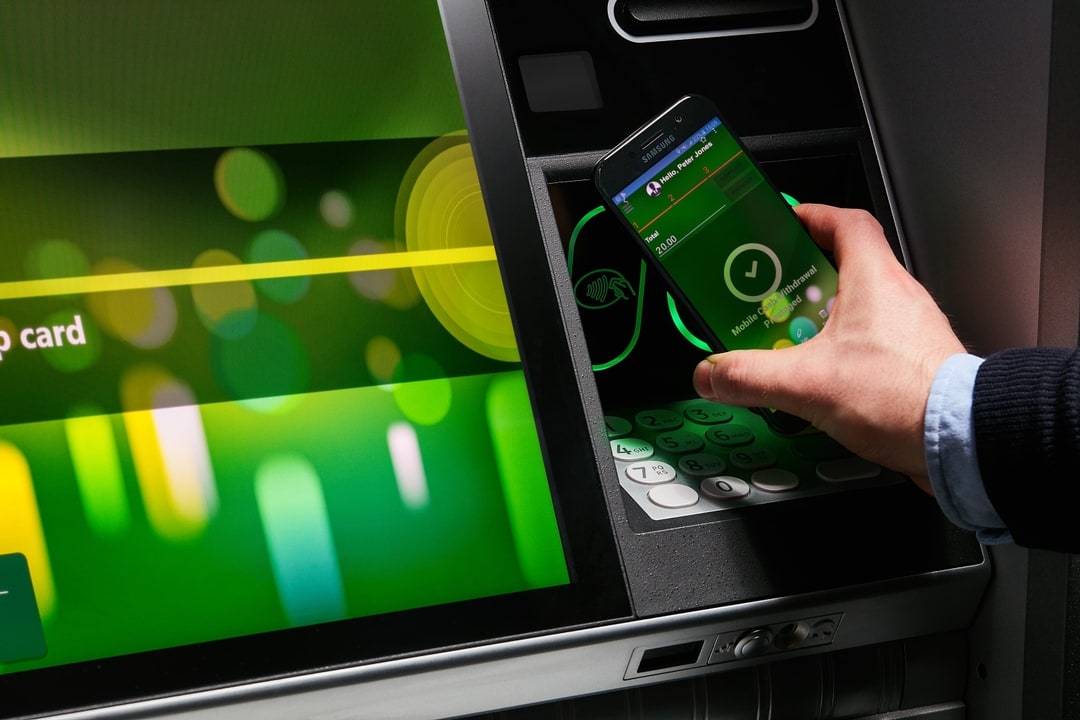EV chargers replacing gas pumps at convenience store locations
Published March 13, 2023
There are currently about 140,000 electric vehicle charging ports in the United States, yet many drivers still occasionally find it challenging to locate EV charging stations. While electric car sales have increased more than 40% each year since 2016, EV drivers say battery and charging issues are their top concerns when making purchase decisions.
A dramatic increase in the number of EV charger stations is expected in the coming years as sales continue to increase. Billions of dollars in federal funding are also in the pipeline to build out additional fast-charging stations for EV owners. This includes a Joint Office of Energy and Transportation proposal to support the development of half a million stations as part of a national EV charging infrastructure law.
With additional EV tax credits taking effect in 2023, analysts expect electric car sales to top one million units for the first time despite potential economic downturns.
We’re already seeing more instances of EV chargers replacing gas pumps at convenience stores (C-stores). 7-Eleven, for example, launched an initiative to build an additional 500 Direct Current Fast Charging (DCFC) ports at 250 of its C-store locations.
However, operators looking to offer public charging stations to meet the demand for alternative fuel options will need to weigh the cost versus the benefits.
Benefits of EV chargers at C-stores
While a substantial investment, EV chargers can significantly benefit C-stores and help capture a rapidly growing market of EV drivers.
These benefits include:
- Increased foot traffic from new customers
- Increased loyalty from EV owners
- Higher value basket due to longer charging times
C-stores will likely see more frequent customer visits as electric vehicles typically need recharging more often than gas-powered vehicles need refueling.
Increasing food sales and food services
Since convenience stores primarily profit from food sales rather than fuel sales, providing EV charging stations may be the key to increasing overall profits. Even fast EV chargers take more time than filling up a tank with gas, increasing the likelihood of drivers patronizing C-stores.
According to the Department of Transportation, charging an electric vehicle at fast-charging EV locations can take 20 minutes to an hour for the battery to reach 80%. This gives EV drivers much more time to enter your C-store and make purchases. As such, convenience store owners may want to consider increasing food services for EV drivers while they wait.
Adding additional profit centers
C-stores may also benefit from offering additional services EV owners may benefit from, such as workstations for rent or auto detailing services while vehicles charge.
Staying current with competition
Several gas station owner groups are also adding EV charging equipment to their fleet. Phillips 66, Pilot, BP, Circle K, and others have announced plans to add EV chargers in their gas station parking lots to attract EV owners.
It will soon become the standard to provide EV chargers at gas stations. And failing to offer a public charging station may be why a growing group of consumers won’t visit a store. Consequently, stand-alone convenience store operators may find themselves at a competitive disadvantage if they don’t offer an EV charging station as well.
Challenges for installing EV chargers at gas stations and C-stores
Despite the benefits of EV chargers at gas stations and C-stores, the state of EV charging stations remains in flux. Many C-store owners and fuel retailers may not be in a hurry to swap out a gas pump for electric vehicle charging stations due to startup costs. It can cost up to $50,000 to install DC fast charger stations and the infrastructure to support them, not including the ongoing expenses to maintain these stations.
Profitability on EV charging stations
High electric utility fees on charging stations may make them unprofitable.
Electrify America currently operates the latest public charger network in the U.S. Jigar Shah, Head of Energy Services, told CNN Business that charging four EVs simultaneously could add $250,000 in supplemental fees known as demand charges. When businesses draw significant amounts of power at the same time, they are hit with these extra fees. These demand charges contribute as much as 90% of an EV charging station’s cost.
To combat these costs, one option for C-stores is to install battery backups on location. This would bypass demand charges by slowing drawing power to charge large battery backups. These are then used to charge EVs, getting an EV driver back on the road.
Related: How do rising gas prices impact retailers?
Utility companies as subsidized competitors
It can be especially challenging as many utility companies are the sole providers of power in their jurisdiction. This gives them more control over electricity rates.
Some utility companies have already been approved to raise consumer electricity bills to help fund the installation and operation of public charging stations. As utility companies build out their own EV charging network, this puts them in competition with C-stores or gas stations that want to install EV chargers with built-in subsidies for operations.
Utility companies such as Georgia Power are investing in EV chargers. Xcel has also announced plans to build out charging locations throughout Minnesota. Yet, some states are taking steps to lower demand charges to encourage growth in the EV charging marketplace. Several states now have legislation in progress while others are working with utility companies to find a compromise.
Ryan McKinnon, a spokesman for the Charge Ahead Partnership, said dealing with these challenges is imperative to further growth. “No private business is going to risk thousands of dollars of buying and installing and maintaining and operating EV charging stations if there’s the risk or reality of Georgia Power or Xcel or Dominion doing the exact same thing down the street for half the price,” said McKinnon.
Co-branding options
Another option for C-store owners is co-branding. For example, Sheetz is installing Tesla-branded chargers at some locations. When Tesla owners charge their vehicles, they pay the fees to Tesla and not the C-store. However, Sheetz aims to profit from the expected food and product sales while EV owners charge their vehicles.
Defining the future
C-store owners will need to carefully consider whether they want to invest in EV charging stations to capture this growing market. With increasing EV sales and federal credits available for electric vehicle purchasers and EV charging stations, C-store operators and fuel retailers have an important decision to make about their future in the EV market.



